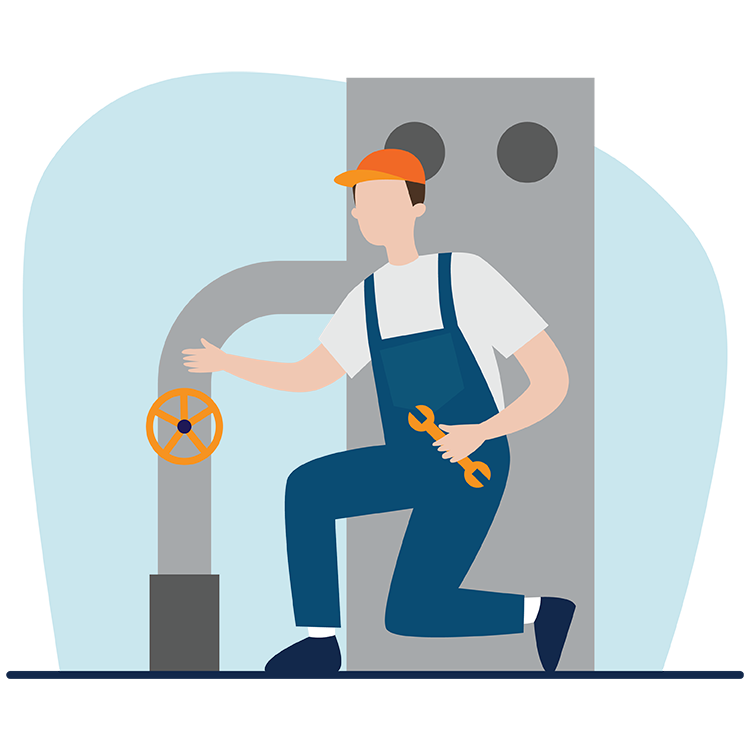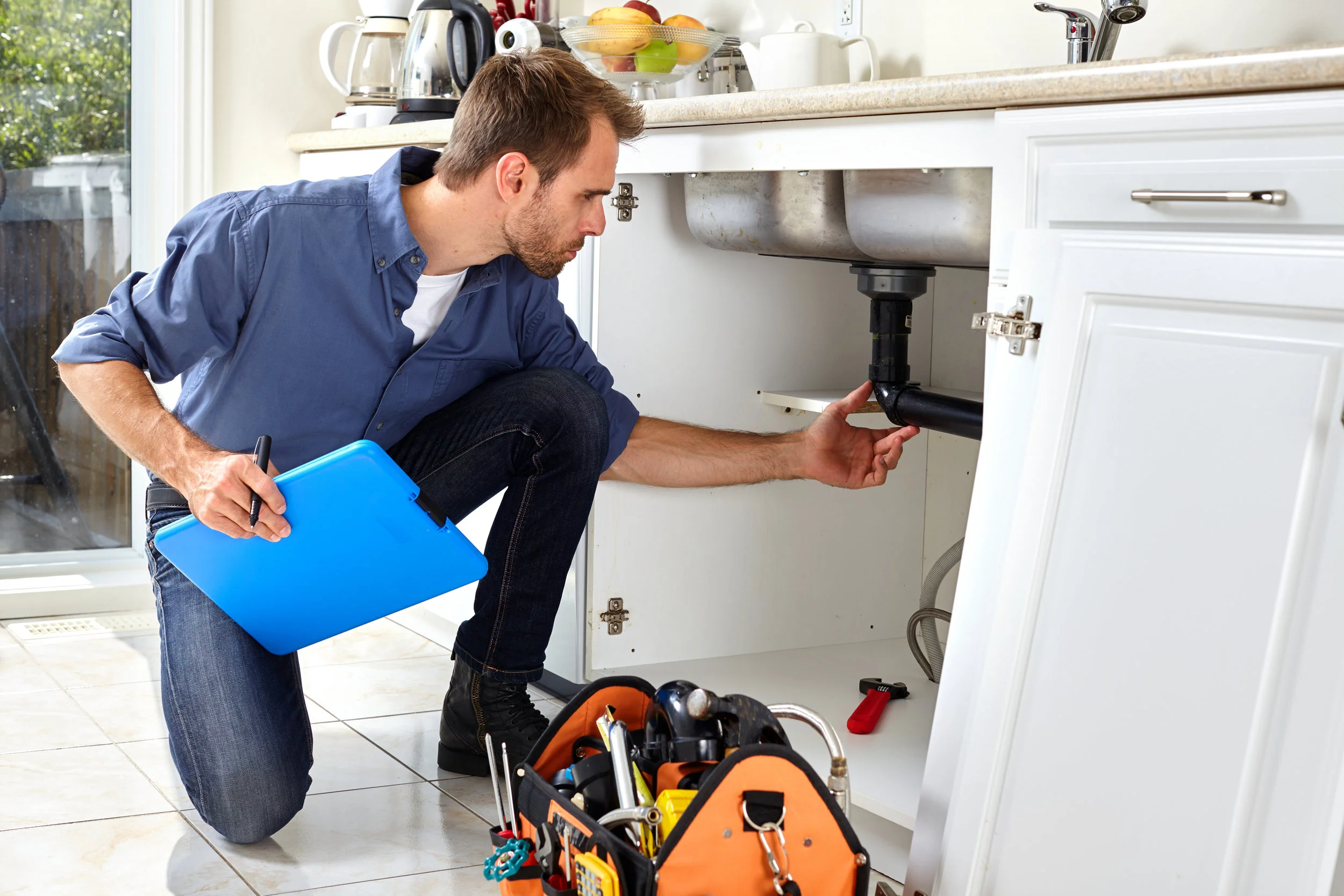Top Quality Water Heater Installation Alabaster AL for Ideal Convenience
Top Quality Water Heater Installation Alabaster AL for Ideal Convenience
Blog Article
Comprehending Water Heating Unit Setup: Key Considerations for Safe and Effective Arrangement
Hot water heater setup is an intricate task that demands focus to different critical factors to make sure both safety and performance. Picking the proper heating system kind based upon usage and ability needs is just the begin. Regional laws and building codes should be browsed to avoid potential legal risks. Proper ventilation systems are essential to safely eliminate harmful gases, emphasizing the demand for expert setup. Carrying out durable safety measures and regular maintenance can substantially lower threats. Understanding these factors to consider is important, however exactly how can house owners effectively incorporate these aspects right into a seamless setup procedure?
Choosing the Right Heating System
Exactly how do you make certain that the water heating unit you choose satisfies your certain needs? Picking the appropriate hot water heater calls for a detailed understanding of your house's warm water demands, energy performance preferences, and budgetary restrictions. Begin by assessing your everyday warm water usage. Think about the variety of household members and simultaneous hot water tasks such as showers, dishwashing, and laundry. This evaluation will certainly assist determine the ideal capability, whether it's a tankless or storage-type device.
Tankless heating units offer on-demand heating, which can be extra effective for homes with lower simultaneous warm water needs. On the other hand, typical storage space heating units might be a lot more ideal for larger households with high peak demands.
Moreover, evaluate the gas resource choices-- electric, gas, solar, or crossbreed. Plumber Alabaster AL. Each has distinct functional prices and setup requirements. For circumstances, gas heaters typically have quicker recovery prices and lower operating costs than electrical ones, however might call for venting systems.
Lastly, take into consideration the ahead of time expenses and possible rebates or incentives readily available for energy-efficient versions. By aligning these factors with your specific needs, you make certain a water heater selection that balances efficiency, cost, and efficiency.
Understanding Local Regulations
Browsing local regulations is an important action in the procedure of hot water heater installation. Making certain conformity with building regulations and statutes is not just a lawful obligation yet likewise a determinant of the safety and effectiveness of the installation. Regional regulations can vary substantially relying on the area, incorporating elements such as installment methods, sorts of acceptable water heating systems, and details security demands.
Experts need to familiarize themselves with both regional modifications and nationwide requirements. In the United States, the Uniform Plumbing Code (UPC) and the International Pipes Code (IPC) provide foundational guidelines, however local authorities may enforce extra criteria. These can include specifications on energy performance, seismic strapping, and temperature and pressure relief valve installation.

Making Sure Proper Ventilation
Proper ventilation is a keystone of a secure and efficient hot water heater installation. It ensures that harmful combustion gases, such as carbon monoxide gas, are efficiently removed from the home, avoiding dangerous buildups that can lead to health risks and even casualties. The kind of air flow system required relies on the water heating unit version and gas kind, with choices including direct vent, power vent, and atmospheric air vent systems.
Direct air vent systems draw air from outside and get rid of exhaust straight outdoors, making them optimal for homes where interior air quality is an issue. Power air vent systems utilize a fan or here are the findings blower to relocate exhaust gases, permitting even more versatile installation choices since the vent can travel a much longer range. Atmospheric air vent systems rely upon all-natural convection to expel gases and are normally utilized with standard gas water heaters.
Following manufacturer requirements and neighborhood building regulations is vital for ensuring proper air flow. Installers have to consider aspects such as air vent pipeline product, size, and termination indicate ensure ideal performance. Normal evaluation and maintenance of the air flow system are also important to spot any leakages or obstructions, safeguarding the home's residents.
Prioritizing Safety Actions
While proper air flow is a vital part of hot water heater setup, prioritizing safety and security steps is equally important to make certain the health of passengers and the longevity of the device. Safety begins with choosing a suitable place, far from flammable products and making sure sufficient clearance from bordering structures. The setup space need to abide by local building ordinance and producer standards, addressing both availability and security why not try these out issues.
In enhancement to location, making use of certified professionals for installment assurances adherence to safety requirements and lawful needs. Licensed specialists bring expertise in managing gas and electric links, minimizing dangers of leakages or faulty electrical wiring. Using proper tools and devices throughout installment also decreases the probability of breakdowns or crashes.
Additionally, integrating safety and security devices such as a temperature and stress alleviation valve is crucial. This valve stops excessive stress build-up, decreasing the risk of possible surge. Proper grounding of the water heating system is important to avoid electric risks, especially in devices using electric power.

Examining and Upkeep Treatments
Routine testing and upkeep of a water heating unit are important to ensure its reliable operation and durability. Routine checks aid identify potential problems before they escalate, avoiding costly repair work and expanding the home appliance's life-span. Secret procedures include checking the anode pole, which protects the container from corrosion. If the rod is dramatically rusted, replacement is essential more helpful hints to preserve the honesty of the container. In addition, it is essential to purge the storage tank annually to eliminate debris buildup, which can hinder home heating effectiveness and cause damage over time.
Checking the temperature level and stress relief (TPR) valve is one more vital action. This safety device need to function appropriately to avoid too much pressure build-up within the storage tank. To check, delicately raise the shutoff lever and make certain water discharges easily; change the valve if it reveals indicators of malfunction. Inspecting the pilot light and burner setting up for gas heating units makes certain optimal performance and safety, addressing any irregularities immediately.
For electrical water heating systems, checking out electric connections for signs of wear or damage is crucial. Expert maintenance services are suggested yearly to conduct a detailed examination, making sure all elements work optimally and abide by safety requirements.
Final Thought
A thorough understanding of water heating system setup is critical for accomplishing a reliable and safe system. Selecting an ideal heating system based on ability and power effectiveness, while sticking to local regulations, develops the foundation of a successful installation.
Water heating unit installation is a complex task that requires focus to numerous vital factors to make sure both safety and efficiency. Choosing the appropriate water heating unit calls for a comprehensive understanding of your family's warm water needs, energy efficiency preferences, and financial restraints. Regional guidelines can differ substantially depending on the region, encompassing aspects such as installation techniques, types of allowable water heating units, and specific safety requirements.
While proper ventilation is a vital part of water heating system setup, prioritizing security actions is similarly crucial to make certain the health of passengers and the longevity of the device.A comprehensive understanding of water heating unit installation is crucial for achieving a safe and effective system.
Report this page